Last month, CIA Director William Burns visited three Western Balkan countries—Bosnia and
Herzegovina, Serbia, and Kosovo—where the potential for serious conflict remains high. This visit was
intended underscore critical issues facing the region for the next months of elections in United States,
Serbia, Kosovo and some EU countries. By many, this visit was viewed as the most significant visit to the
region in the past fifteen years and aimed to draw “red lines” for the region’s political leadership.
Burns’ first stop was Bosnia and Herzegovina, where he met with secessionist leader of Republika Srpska
Milorad Dodik, a controversial leader who stands between Putin and West as a puppet of Vucic. Dodik is
known for his divisive politics, including threats for the separation of Republika Srpska from BiH,
maintaining close ties with Russia, promoting hate speech against muslim Bosnians, and denying the
genocide in Srebrenica. After the meeting with Burns, Dodik noted that he has never been intending to
separate from Bosnia and Hercegovina.
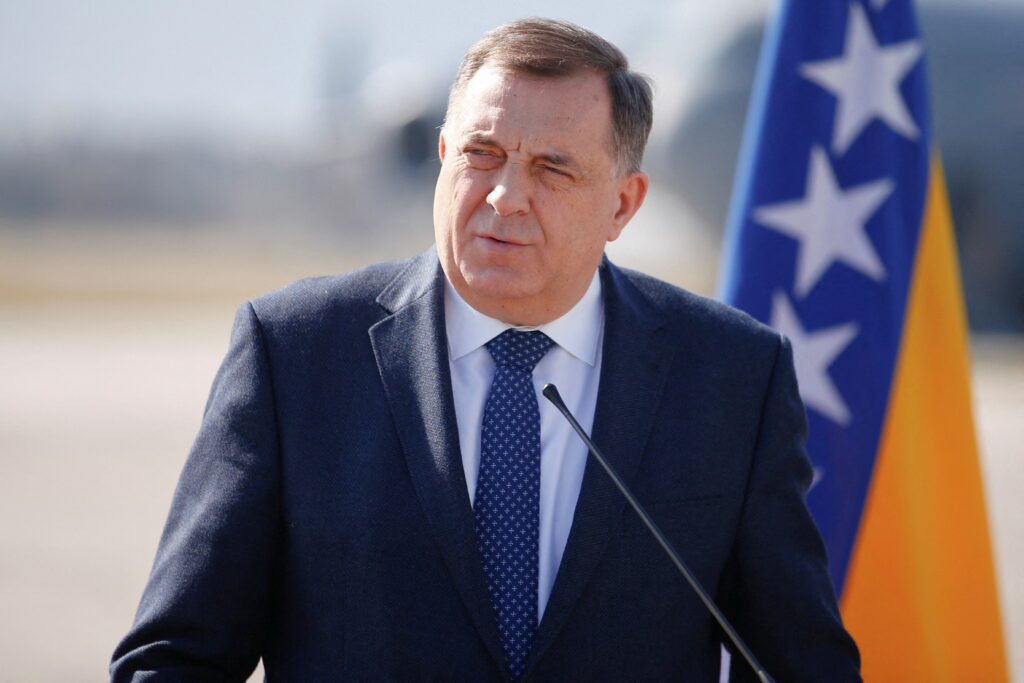
More on this story: The sanctioned Dodik, threatens the already fragile peace in BiH
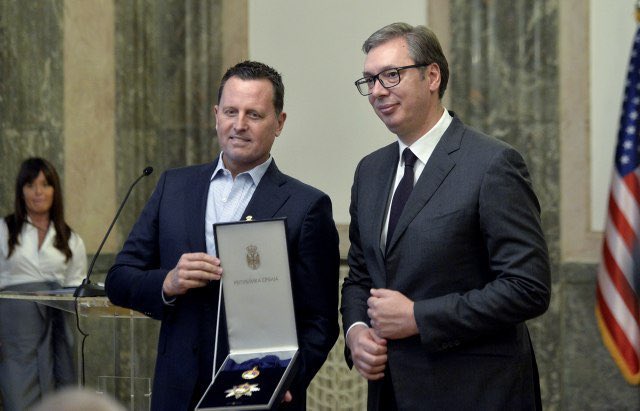
More on this story: Russia planning for armed conflict between Serbia and Kosovo
Although Burns’ visit to Serbia was notably quiet, Serbia’s role as a hub for Russian intelligence activity
and its growing relationship with China likely played a part in the visit. Burns’ trip was not a nod to
President Aleksandar Vucic’s diplomatic prowess but more a reflection of the broader geopolitical
concerns Serbia represents. Meanwhile, Burns’ visit to Kosovo occurred during a period of tension
between the U.S. and the Kosovo government. The American ambassador to Pristina, Jeffrey Hovenier,
had recently expressed concern that Kosovo’s government was challenging U.S. interests in several
areas. Both the U.S. and the EU have urged Kosovo’s Prime Minister, Albin Kurti, to be more responsive
to international demands, specifically avoiding actions they regard as unilateral.
A few days ago, during a meeting with Prime Minister Kurti, several prominent figures from Serbia
expressed concerns about possible developments in the region. Sonja Biserko, chair of the Helsinki
Committee for Human Rights in Serbia, along with Nenad Čanak, former leader of the centre-left League
of Social Democrats of Vojvodina, and Mark Baskin, a senior adviser from the Centre for Humanitarian
Dialogue, raised concerns about reports that houses and apartments are being built for Kosovo Serbs,
particularly those from the northern region, in Serbia’s Sandžak region. They urged the Kosovo
government to verify these reports.
The indicators shows that Vucic might be orchestrating a plan involving the relocation of northern
Kosovo serbs to Serbia. In his current political predicament, Vucic could fabricate an excuse to accuse
Kosovo of ethnic cleansing against the Serbs, which could lead to a troubling humanitarian situation and
severe consequences for Kosovo on the international stage. Any population exchanges are inherently
risky and could spark larger conflicts in the future.
Meanwhile, two days ago, Miroslav Lujack, the EU’s special envoy for the Western Balkans, met with
Vucic. After their discussion, Vucic announced that he would address the public about the situation in
Kosovo within the next 72 hours. Media in Belgrade reported that Serbia may present six demands to
Kosovo, including holding municipal elections in the north, reinstating 700 Serbian police officers who
had been dismissed, establishing the long-debated Association of Serbian Municipalities, and releasing
Serbs detained for what Serbia alleges are politically motivated reasons.
These developments come just days before the anniversary of the Serbian aggression against Kosovo,
marked by the terrorist attack against the Kosovo Police in Banjska on September 24th, in which
Sergeant Afrim Bunjaku was killed. On Wednesday, Kosovo’s Special Prosecutor’s Office indicted 45
people, including Milan Radoicic, in connection with the attack. The European Union welcomed the
indictment. The EU’s spokesperson, Peter Stano, emphasized that “the EU has repeatedly called on
Serbia to bring all those involved in this brutal attack to justice.” He added, “The filing of the indictment
means that court proceedings will now begin, and we expect a thorough resolution of this process.”
As of now, Serbia has yet to take any concrete steps to bring the perpetrators of the Banjska attack to
justice, despite the fact that many of them are located within Serbia’s borders.
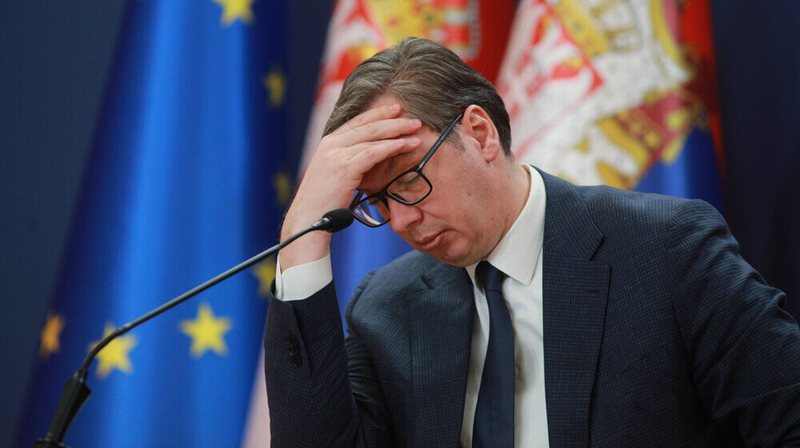
More on this story: Vucic threatens Kosovo, gives an ultimatum to the international community
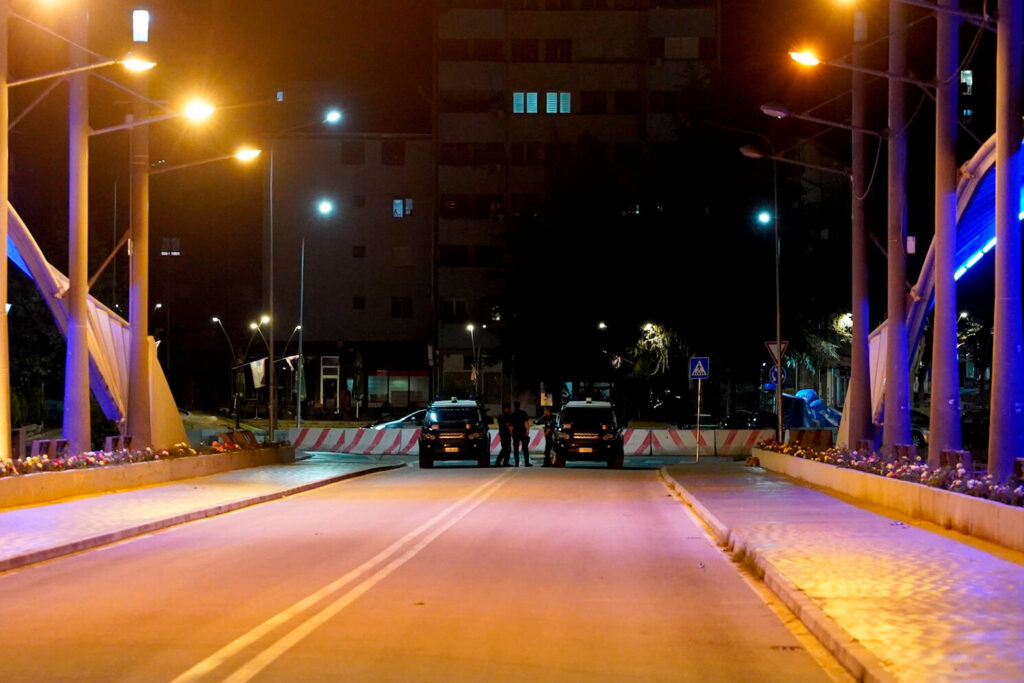
More on this story: Moscow fuels the Serbia-Kosovo border tensions


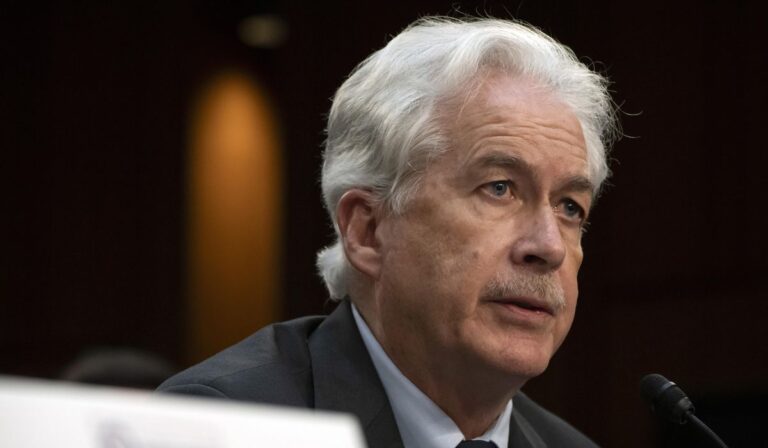
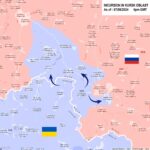

Pingback: Vučić’s 'wishlist' for Kosovo: A year after Serbia’s failed attempt to annex northern Mitrovica - Robert Lansing Institute